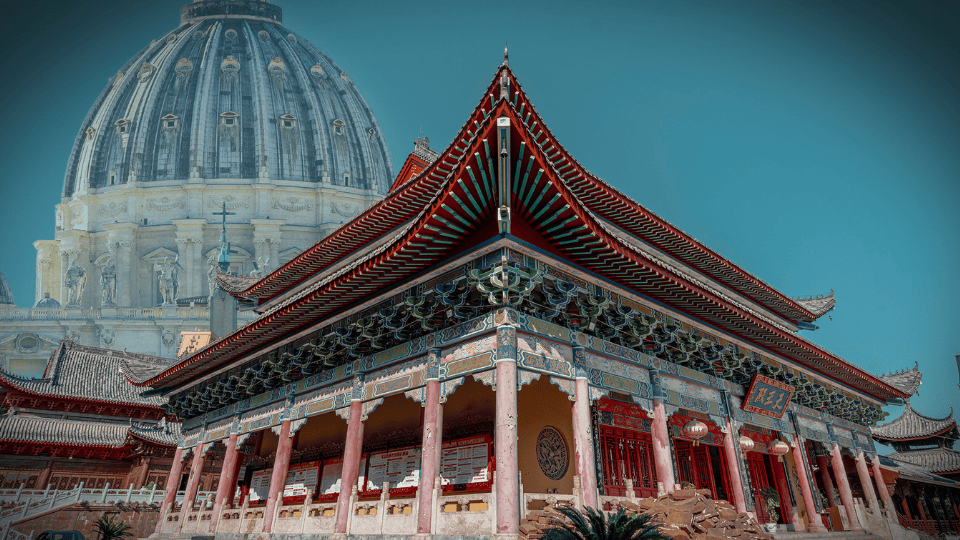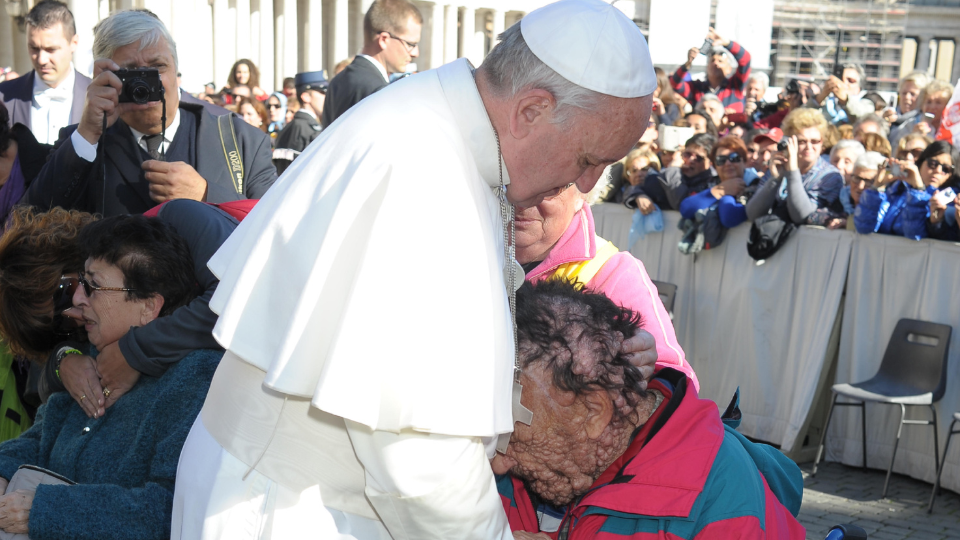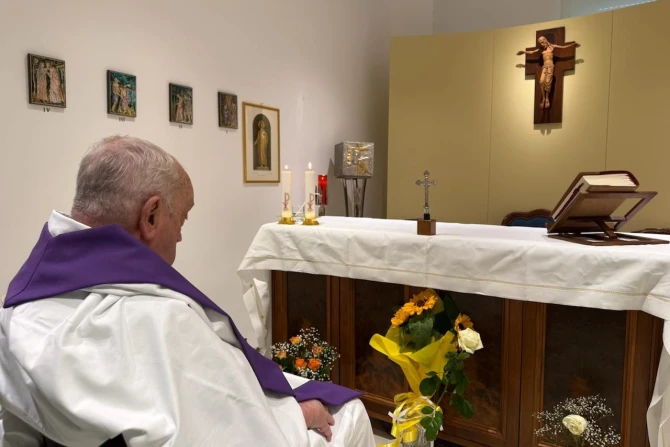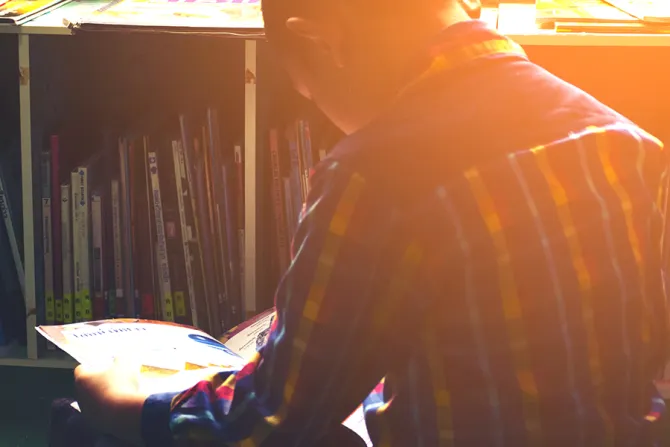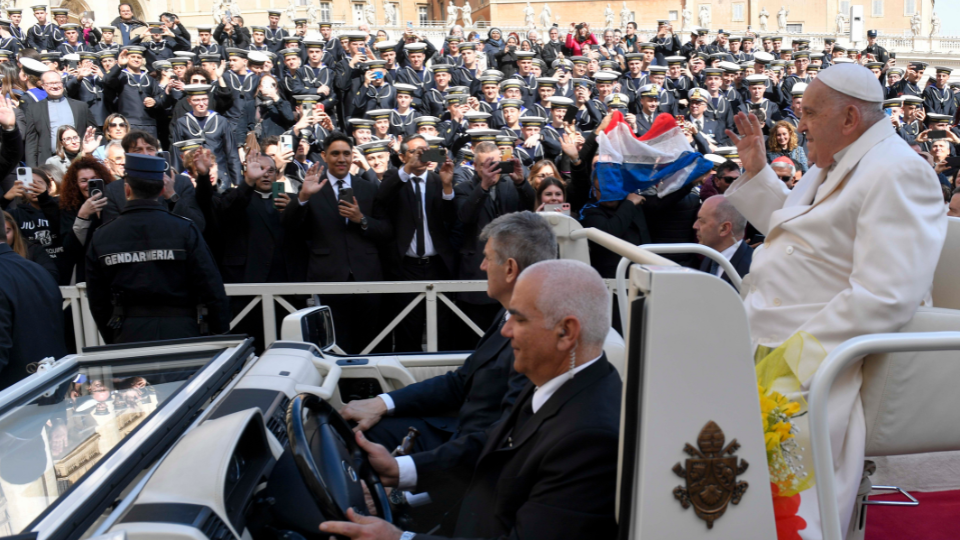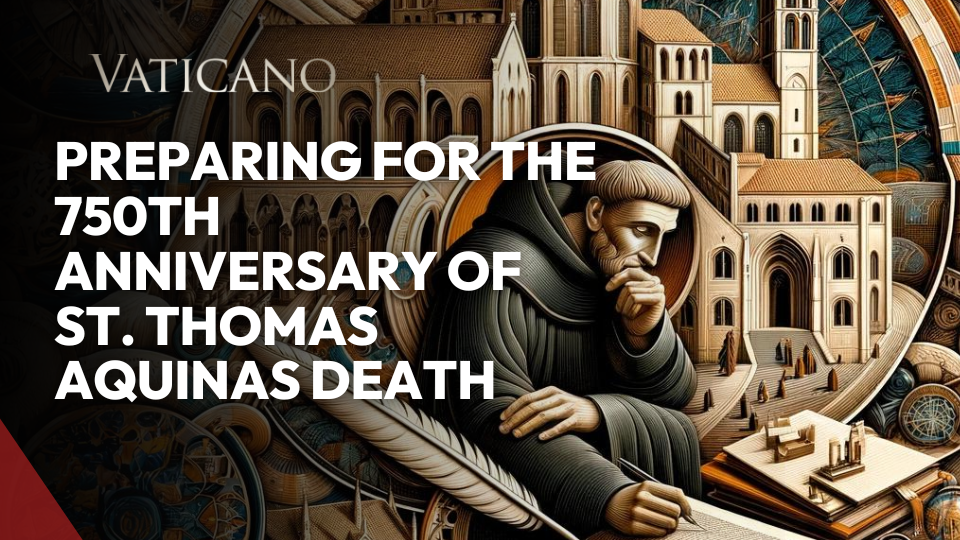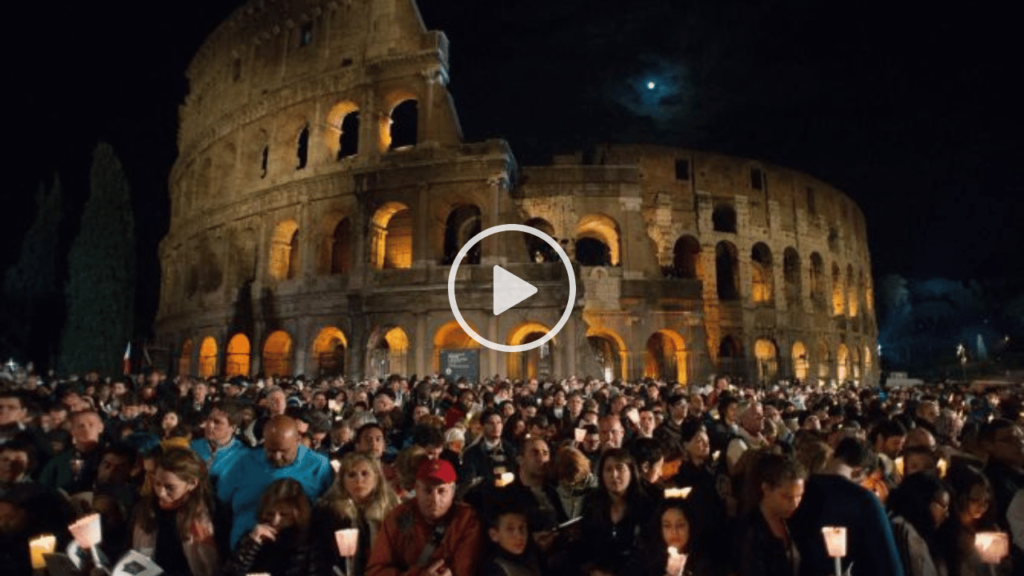On July 3, Taiwan’s newly appointed ambassador to the Holy See, Anthony Ho, presented his diplomatic credentials to Pope Leo XIV in the Apostolic Palace. A Catholic himself, Ho steps into the role following the retirement of his predecessor, Matthew Lee, and brings with him hopes for a continued deepening of relations between the Republic of China and the Vatican.
Taiwan remains one of just 11 UN member states to maintain full diplomatic ties with the Holy See. These relations, formalized in 1942, are not merely symbolic. They reflect Taiwan’s strategic efforts to remain visible on the international stage—where the Catholic Church, as a sovereign entity with diplomatic clout, plays a vital role.
A Church Rooted in Taiwanese Soil
Catholicism in Taiwan has a long and resilient history, dating back to 1616 with the arrival of Spanish Dominican missionaries. But it was in the wake of the Chinese Communist revolution in 1949 that the Church saw significant growth. Thousands of Chinese Catholics, fleeing persecution on the mainland, brought their faith with them to the island. Their presence helped shape the Church’s unique Taiwanese expression—deeply faithful, culturally integrated, and modest in size but broad in influence.
Today, Catholics number around 300,000 in Taiwan, about 1.3% of the population. Despite its small share, the Catholic Church remains a major contributor to Taiwan’s education, healthcare, and charitable sectors—working side by side with Buddhism, indigenous beliefs, and Confucian traditions in a diverse spiritual landscape.
Reflecting on the early missionary efforts, Bishop Emeritus John Lee Juo-Wang of Tainan noted: “From Kaohsiung to other places, the Dominicans started to build small churches, local churches, and others joined the missionary work. We have always tried to integrate the local culture—to see what the Ancestors are willing to give us—and act with kindness. Based on kindness and love, we can have dialogue.”
A Legacy of Missionary Commitment
Among those who embodied this dialogue was Father Yves Moal of the Paris Foreign Missions. Arriving in 1966, he spent decades ministering to Taiwan’s indigenous communities. His mission was marked by the vitality of Vatican II and a profound respect for cultural identity.
“I am convinced that the Holy Spirit works hard today in Taiwan,” Fr. Moal once said. “We try to live with everyone as if we were sending a brother.”
Yet the Church now faces demographic headwinds. Fewer baptisms are taking place, and many Catholics are aging. Rural parishes in particular feel the strain, as young people migrate to urban centers for work.
A Poor Clares sister in central Taiwan explained:
“Our challenge is that baptisms are getting fewer. Many are from immigrant families, and younger Taiwanese Catholics are leaving for jobs in the city. This area is far from opportunities.”
Fr. Moal echoed these concerns: “In the villages, we are facing an aging population. That’s why we’ve founded groups for the elderly to gather and live community life with their families.”
A Spirit of Interfaith Cooperation
Amid these internal challenges, the Catholic Church continues to play a central role in fostering interreligious harmony in Taiwan. A longstanding partnership with Fo Guang Shan—the island’s largest Buddhist monastery—has been key to this effort.
Venerable Miao Guang of Fo Guang Shan reflected: “I grew up with Catholicism—not in the form of churches, but through schools, hospitals, and charitable organizations. Catholic institutions were already taking care of our children. What we do as Buddhists today is, in part, to repay that kindness.”
Diplomacy and the Question of China
Taiwan’s unique position in global politics inevitably shapes the role of the Church. As tensions with the People’s Republic of China persist, the Holy See walks a diplomatic tightrope—maintaining ties with Taiwan while also seeking avenues of dialogue with Beijing.
Chou-Seng Tou, Taiwan’s ambassador to the Holy See from 2004 to 2008, explained: “The Holy See adheres to religious freedom and respect for basic human rights. Mainland China does not offer religious freedom. The Church there is controlled by the state.”
Tou referenced the 2018 provisional agreement between the Holy See and Beijing on the appointment of bishops: “The agreement marked some change, with China acknowledging the Pope’s authority to name bishops. But it hasn’t been made public, and we don’t know the full content.”
Still, he recognized the Vatican’s broader mission: “The Holy See’s goal is to create an environment favorable to evangelization. That means caring for people who have no direct connection to Rome—wherever they may be.”
A Faith That Endures
Despite the pressures of demographic decline, migration, and geopolitical tension, the Catholic Church in Taiwan continues to be a source of spiritual, social, and diplomatic strength. As Taiwan grows and changes, the Church remains steadfast—adaptable in its ministry, faithful in its witness, and committed to building bridges at home and abroad.
Ambassador Anthony Ho’s appointment marks not only a new chapter in Vatican-Taiwan relations, but a reminder of the enduring Catholic presence on the island—a presence built on mission, dialogue, and the quiet strength of love in action.
SIGN UP FOR OUR NEWSLETTER HERE
Adapted by Jacob Stein
Video Edited by Ilaria Chimenti; Special thanks & Credits to Embassy of Taiwan to the Holy See

